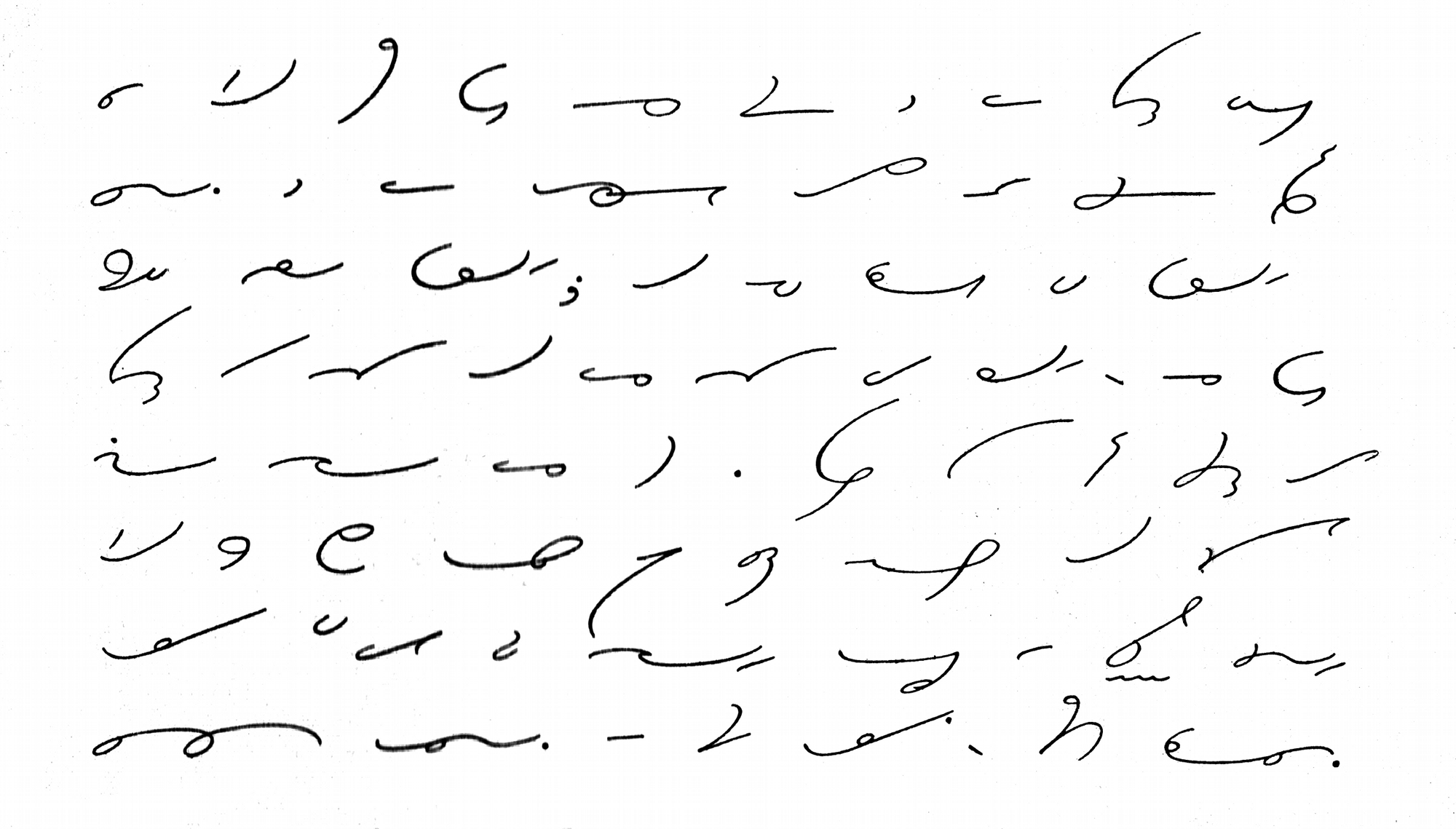
Introduction:
Shorthand, the art of rapid writing by hand, has been a valuable skill throughout history, especially in professions requiring quick and accurate transcription of spoken words. The quest to achieve the highest speeds in shorthand writing has captivated individuals from various walks of life. In this comprehensive exploration, we will delve into the lives and accomplishments of some of the fastest shorthand writers in history, uncovering the techniques, dedication, and unique stories that propelled them to the pinnacle of this remarkable skill.
- Sir Isaac Pitman:
One of the earliest pioneers of shorthand, Sir Isaac Pitman, is often credited with developing the Pitman shorthand system in 1837. His system became widely adopted and was known for its efficiency and speed. While historical records do not provide specific details about his shorthand speed, Sir Isaac Pitman laid the groundwork for future shorthand practitioners, and his system continues to influence shorthand writing to this day.
- Samuel Taylor:
Samuel Taylor, an American stenographer, gained international recognition for his exceptional shorthand skills during the late 19th century. Taylor’s remarkable speed and accuracy were showcased at various exhibitions and competitions. In one notable instance, he transcribed a 40-word sentence in just 2.8 seconds. Taylor’s achievements contributed significantly to the growing popularity of shorthand as an essential skill in professions such as journalism and court reporting.
- Sir A. H. McLaurin:
Sir A. H. McLaurin, a Canadian shorthand writer, set a world record for the fastest shorthand transcription during the Intersteno Congress held in London in 1924. He achieved an astonishing speed of 350 words per minute, showcasing the potential for extraordinary efficiency in shorthand writing. McLaurin’s accomplishment highlighted the continuous evolution of shorthand systems and techniques.
- J. D. Everett:
J. D. Everett, an English stenographer, gained prominence in the early 20th century for his remarkable shorthand speed. In 1924, Everett achieved a speed of 390 words per minute, setting a world record that stood as a testament to his mastery of the craft. His achievements were celebrated within the shorthand community, and his dedication to pushing the limits of speed inspired aspiring shorthand practitioners.
- Nathan Behrin:
Nathan Behrin, an American stenographer, made headlines in the 1930s for his exceptional shorthand abilities. He demonstrated his skill on numerous occasions, transcribing at speeds that left audiences in awe. Behrin’s dedication to the art of shorthand earned him recognition as one of the fastest practitioners of his time.
- Marc Grandjean:
Marc Grandjean, a Swiss stenographer, further pushed the boundaries of shorthand speed in the mid-20th century. In 1958, Grandjean achieved a remarkable speed of 420 words per minute during the Intersteno Congress in Copenhagen. His achievement solidified his place among the fastest shorthand writers in history.
- Gregg Shorthand Champions:
The Gregg shorthand system, developed by John Robert Gregg, produced numerous champions in the field of shorthand writing. Individuals skilled in the Gregg system participated in competitions and exhibitions, showcasing speeds that ranged from 200 to 280 words per minute. The Gregg system, known for its efficiency and adaptability, played a significant role in shaping the landscape of shorthand writing.
Conclusion:
The pursuit of becoming the fastest shorthand writer has fascinated individuals for centuries, leading to the development of various shorthand systems and techniques. From the innovative Sir Isaac Pitman to the record-setting achievements of individuals like Sir A. H. McLaurin, J. D. Everett, and Marc Grandjean, these masters of the pen have left an indelible mark on the history of shorthand.
Their dedication, coupled with advancements in shorthand systems, has elevated shorthand from a utilitarian skill to an art form. As technology has evolved, shorthand has found new applications, but the legacy of these exceptional shorthand writers endures. Their stories serve as an inspiration for aspiring stenographers and transcription professionals, highlighting the extraordinary possibilities achievable through the mastery of shorthand writing.